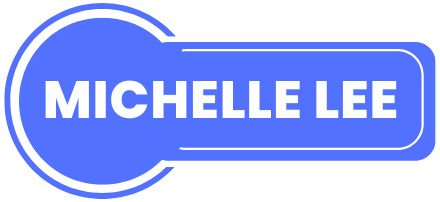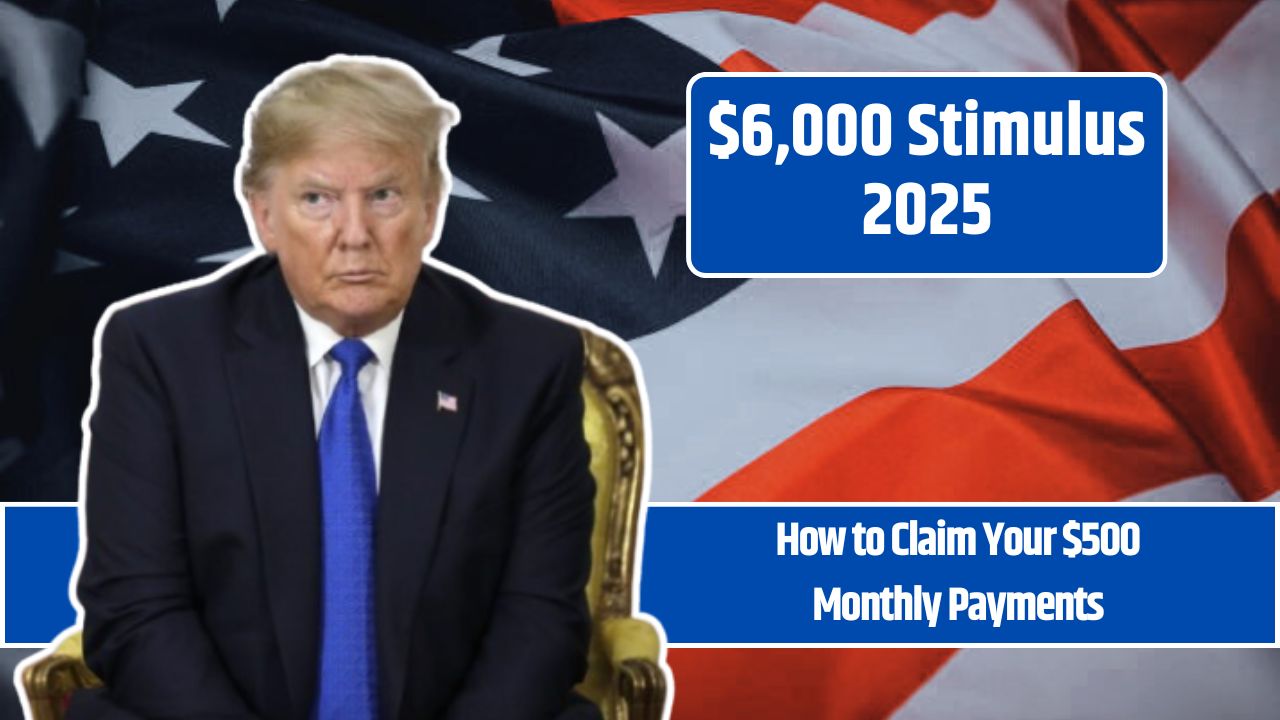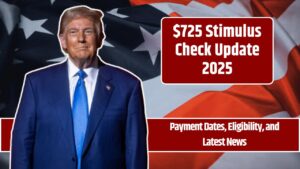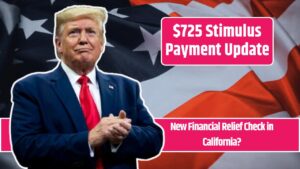As economic challenges persist across the U.S., especially for low-income households, a new stimulus initiative is stepping in to offer consistent relief. The $6,000 stimulus program, currently being implemented in several states, delivers $500 per month to eligible individuals and families. Unlike the earlier one-time COVID-era stimulus checks, this effort is designed as ongoing support, helping recipients better manage housing, food, healthcare, and utility expenses.
Let’s break down what this program is, who qualifies, and how to apply.
What Is the $6,000 Stimulus Program?
Launched in response to the long-term financial strain caused by the COVID-19 pandemic, the $6,000 stimulus program is a monthly guaranteed income pilot. Participants receive $500 per month over a 12-month period—totaling $6,000—intended to support basic living costs and reduce poverty.
This initiative is managed at the state level, and while it isn’t federal or nationwide, it reflects a broader shift toward more sustained financial assistance models.
Program Snapshot
| Program Name | FTB $6,000 Stimulus Checks (CA) |
|---|---|
| Monthly Payment | $500 |
| Total Payment | $6,000 |
| Payment Timeline | June 2023 – March 2025 |
| Distribution Method | Direct Deposit or Paper Check |
| Managing Body | State-level agencies (e.g., California Franchise Tax Board) |
| Official Info | ftb.ca.gov |
Who Is Eligible?
While eligibility may vary slightly by state, the core criteria are relatively consistent across participating programs:
Basic Eligibility Requirements:
- Must be a resident of a participating state
- Annual income below 200% of the Federal Poverty Level
- May be prioritized if enrolled in programs such as SSI, SSDI, or TANF
- Must not be enrolled in another guaranteed income pilot simultaneously
Additional Considerations:
- Households with young children
- Single-parent families
- Individuals who experienced pandemic-related job or housing loss
| Household Size | Income Limit (Est.) |
|---|---|
| 1 | $29,160 |
| 2 | $39,440 |
| 3 | $49,720 |
| 4 | $60,000 |
| Add $10,280 for each additional person |
Participating States (As of 2025)
This is not a national program, but several states have launched or expanded their own versions. Here’s where it’s currently active:
| State | Monthly Payment | Recipients (Est.) | End Date |
|---|---|---|---|
| California | $500 | Expanding to 305 families | March 2025 |
| Michigan | $528 | About 100 families | Through 2025 |
| New Mexico | Varies | Select low-income residents | Ongoing |
| New York | Varies | Low-income families | Not disclosed |
| Washington | $500 | Hundreds of recipients | Through June 2025 |
These programs are administered by local or state government agencies, sometimes in partnership with non-profits or academic research institutions to study the program’s impact.
How to Apply
Applications are generally available on your state’s official government website. While each state runs its program independently, applicants typically need to:
Submit:
- Proof of residency (e.g., utility bill, lease)
- Proof of income (tax returns, pay stubs)
- Identification documents
- Documentation for dependents (if applicable)
Application Timeline:
Applications may open in cycles, depending on program funding and capacity. Some recipients were selected in 2023, while others may be added through early 2025.
When and How Payments Are Sent
Approved applicants receive payments via:
- Direct deposit (recommended for fastest delivery)
- Paper checks mailed to the registered address
The payment start date varies by state and approval date, so recipients are advised to track updates on their local program’s website.
Why This Program Matters
The $6,000 stimulus initiative is more than financial aid—it’s a test case for long-term, guaranteed income in America. Early reports show that recipients:
- Spend the money on necessities (not luxuries)
- Report reduced stress, improved child care stability, and better housing outcomes
- Experience more control over their finances
If successful, these pilots could influence federal policy or encourage other states to launch their own versions.
FAQs
Is this a federal stimulus check?
No. This is a state-managed program, not a national effort from the federal government.
Can I still apply?
It depends on your state and the application cycle. Check your state’s official website for open applications.
Will the payments affect my taxes?
Generally, guaranteed income is not taxable, but check with a tax professional.




